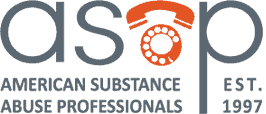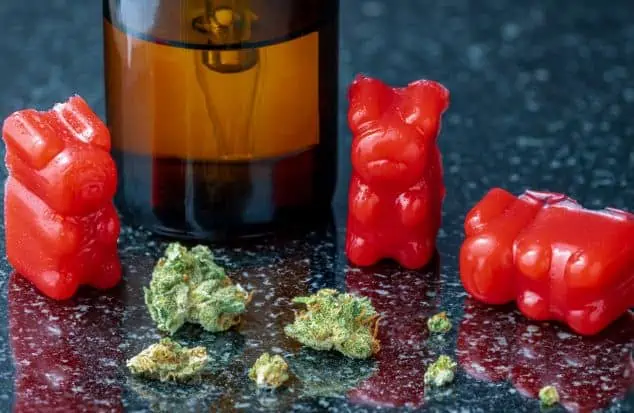Legalization of marijuana in over 30 states has made the drug more accessible than ever and increased recreational usage. According to Gallup, 49% of Americans have at least tried marijuana (Jones, 2021). However, despite the accessibility of marijuana, the federal government still considers marijuana to be a Schedule I regulated drug. Furthermore, 14% of adults use CBD products (Brenan, 2019). However, many users are unaware that CBD is derived from marijuana and therefore can also result in a positive DOT drug test. This article explains how unregulated CBD products are classified and the effects of CBD.
What Is CBD?
Cannabidiol (CBD) is a chemical compound that is extracted from the cannabis plant. Cannabis plants can be classified into two categories: hemp and marijuana. CBD comes from both types. CBD products that come from hemp plants typically have a much lower concentration of tetrahydrocannabinol (THC). This is the chemical that gives marijuana most of its psychological effects. CBD products from marijuana plants contain higher concentrations of THC, sometimes as high as 30%.
According to the Agricultural Improvement Act of 2018, any CBD products that contain more than a 0.3% concentration of THC are classified as marijuana. The United States Drug Enforcement Agency (DEA) classifies marijuana as a Schedule I substance. Despite state laws permitting the use of recreational and medical marijuana, the Department of Transportation prohibits safety-sensitive workers from using marijuana. The Department of Transportation has issued a notice regarding CBD products and usage.
CBD products are largely unregulated and may contain other compounds due to processing. This means that regardless of what the label says, or, what you’ve read on the Internet, the CBD product you purchase could potentially cause you to test positive on a DOT drug test.
What is CBD Oil?
Non-psychoactive CBD oil is often used to treat anxiety, inflammation, arthritis, epilepsy, and a range of other conditions. In many states, a prescription is not necessary to purchase CBD oil. However, the production of CBD products remains unregulated. The Food and Drug Administration does not verify THC concentrations in CBD products. As a result, products labeled “THC-free” or “Low THC” may still contain more than the legal concentration limit of 0.3%. This means that no matter what type of CBD product you purchase, you run the risk of failing a DOT drug test. As a result, the DOT says, “Safety-sensitive employees should exercise caution when considering whether to use CBD products.”
The DEA recently added a limited exception for CBD products containing less than 0.1% THC. These products fall into the Schedule V category of the Controlled Substances Act. However, there is only one medication available currently that complies with those stipulations. It is call EPIDIOLEX®, and it is prescribed for two rare epilepsy disorders.
You Failed a DOT Drug Test
If you have failed a DOT drug test, you will be required to complete the DOT Return-to-Duty process with a qualified DOT Substance Abuse Professional (SAP). ASAP maintains a nationwide network of DOT qualified SAPs who are ready and available for service. For more information about the SAP process or to learn how ASAP can provide you with access to a local SAP, contact 888.792.2727 x 177.
References
Brenan, M. (2019). 14% of Americans say they use CBD products. Gallup. https://news.gallup.com/poll/263147/americans-say-cbd-products.aspx
Jones, J. (2021). Nearly half of U.S. adults have tried marijuana. Gallup. https://news.gallup.com/poll/353645/nearly-half-adults-tried-marijuana.aspx


